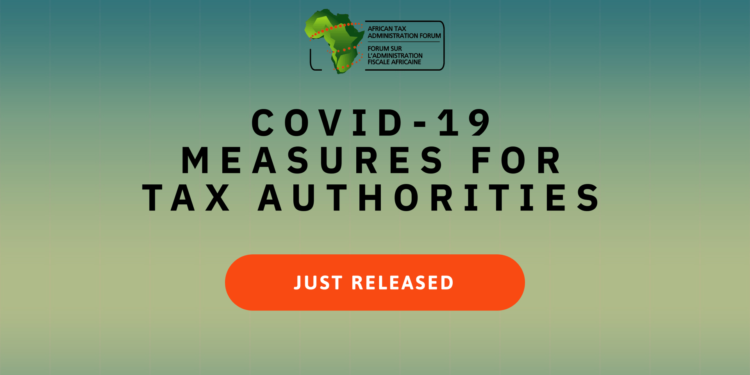
African Tax Administration Forum • Apr 08, 2020
April 08, 2020, Pretoria, South Africa – The African Tax Administration has published a document titled “Suggested COVID-19 Measures for Revenue Authorities” in an effort to alleviate the impact of COVID-19 on African countries’ ability to raise tax revenues.
The African Tax Administration Forum (ATAF) released today a series of suggested measures that African Revenue Authorities should consider in their responses to the COVID-19 global pandemic. The document comes at a time when an increasing number of African countries are being affected by the virus, with devastating effects on health and national economies.
Although the impact of the COVID-19 has been, thus far, most damaging in Asia, Europe and America, many African countries, including South Africa, Algeria, Morocco and Egypt, have crossed the 1000 mark in terms of their number of confirmed cases.
therefore provides guidelines to respond to the tax-related challenges, current and anticipated, posed by the pandemic. It takes into account the peculiarities of African Tax jurisdictions and systems, as well as the uniqueness of the African socio-political and economic landscapes. The measures are a combination of short-term actions that can be immediately implemented by Tax administrations and medium to long term interventions which may require legislative or policy changes for their effective implementation.
The Executive Secretary of ATAF, Mr Logan Wort has raised the need to act swiftly and efficiently while the infection rates are still relatively low on the continent. In his foreword, he reiterates that “African countries are fortunate as the pandemic has not affected the continent to the extent that it has devastated other parts of the world. This gives us a window of opportunity to learn from the lessons of countries who are further along the curve in their battle against COVID 19.”
ATAF’s Suggested COVID-19 Measures for Revenue Authorities form part of the organisation’s efforts to help Members limit the damaging impact of the virus on Domestic Resource Mobilisation.
Download the publication










